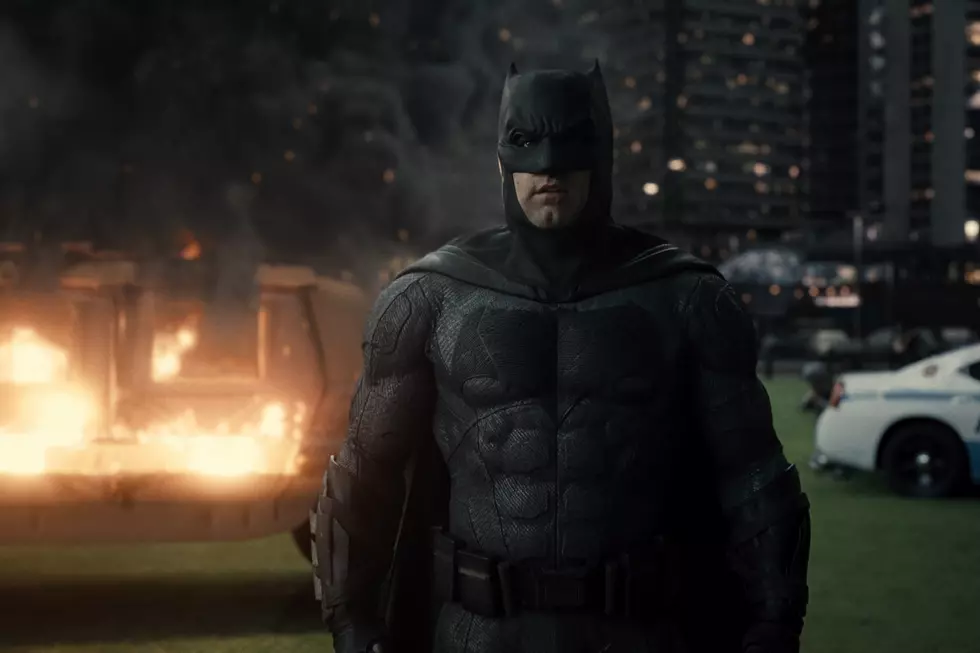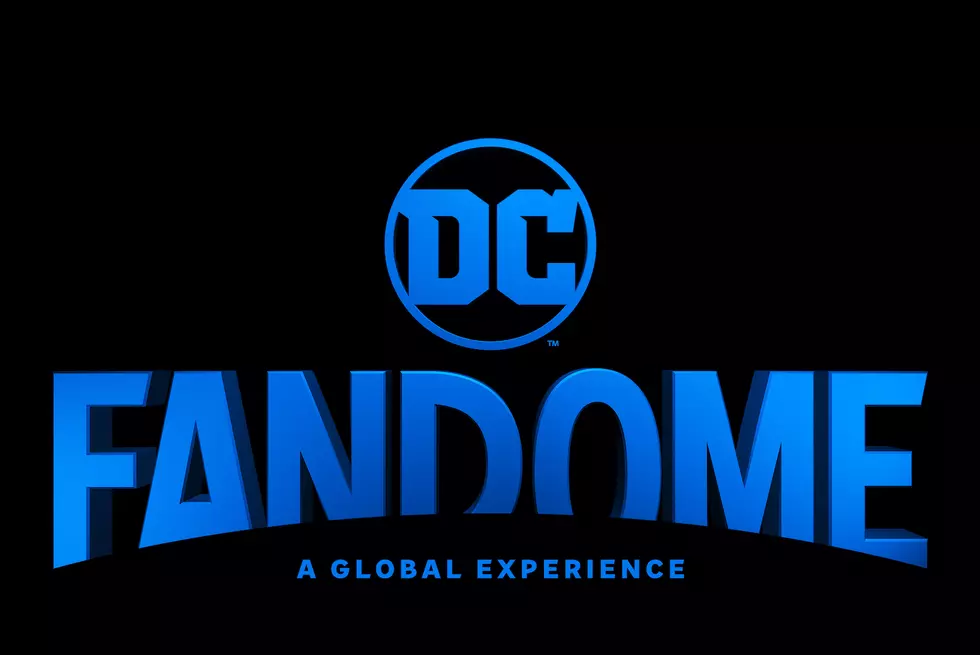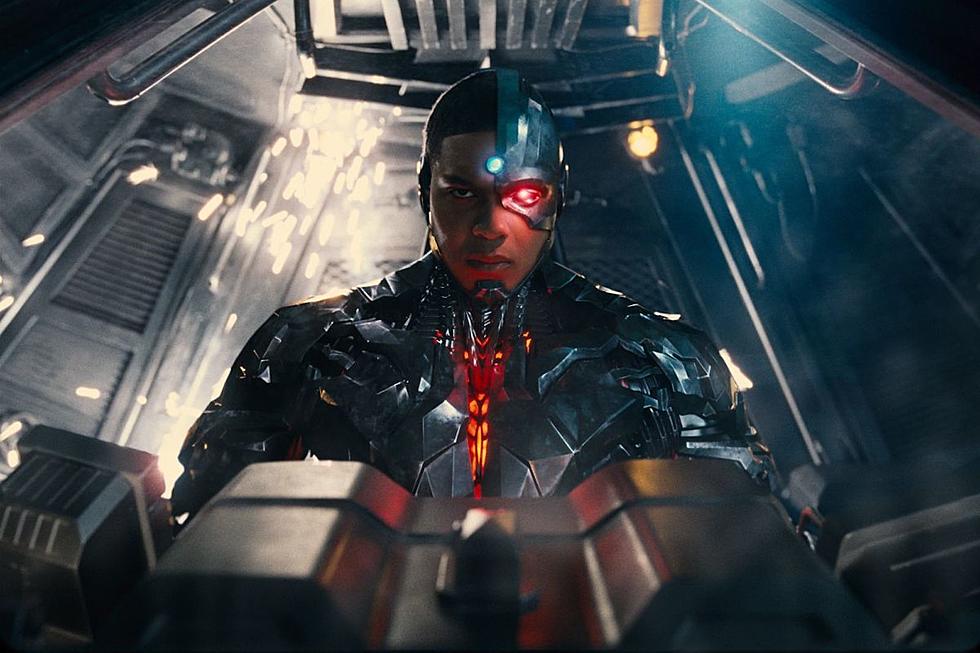
Throw Away The Key: The Moral Quagmire Of Indefinite Detention In Superhero Fiction
The Flash has proven to be one of the most popular superhero adaptations on television, rising above the standard of shows like Smallville, Arrow and even Agents of SHIELD. It's generally regarded as the go-to show for upbeat superhero adventures in a world where Superman levels entire city blocks and Batman asks him if he bleeds. However, there’s one aspect of The Flash that doesn’t quite sit right with a lot of viewers, and that’s the illegal metahuman prison underneath STAR Labs.
This is how it starts: The Flash fights a bad guy who can turn himself into mist, and when they catch him, they don’t know what to do with him --- but they have a super-science particle accelerator under their feet which can be converted into a holding cell, so off he goes to lockup. Then they fight a guy who can turn his skin into steel, and he could easily break out of any regular prison, so it only makes sense to lock him up somewhere he can’t break out, and soon they have an entire prison, nicknamed "The Pipeline".
Eventually everyone The Flash fights ends up spending a stint locked in the Pipeline, even non-metahumans like Pied Piper, because everyone’s got used to it. Barry Allen’s adopted father Joe West, a police officer, objected at first, but these days he seems to see it the same way as the STAR Labs gang do, and will stand right alongside them in the Pipeline, questioning their prisoner who has no representation or even a phone call.
It’s okay though, right? The prisoners are the bad guys, and The Flash has to save the day. Those cells are barren, though; absolutely empty. There’s no bed, or cot, or even blanket to sleep on. There are no toilet facilities to be seen, and nothing to keep the prisoners entertained. Every one of them lives in solitary confinement, with no hearing, no trial, no due process.
And when the heroes had to evacuate The Pipeline due to safety concerns, they decided to shift everyone to the other illegal prison they have access to, this time the one located on Lian Yu.
Lian Yu is the island where Oliver Queen was stranded for five years, and which he for some reason repeatedly returns to. ARGUS, the Arrowverse equivalent of SHIELD, currently runs a Supermax Penitentiary there with one inmate, Slade Wilson AKA Deathstroke. At no point do we see Slade Wilson given anything resembling a trial, he’s just locked away (eventually joined by Captain Boomerang), far from the prying eyes and human rights of the rest of the world.
Supposedly, Iron Heights in Opal City now has a Metahuman wing, but we continue to see The Flash and his team make the choice to incarcerate their enemies indefinitely. It may only be intended as a temporary measure while they ascertain the risks of the current crisis, but no-one gave them that authority, and it remains illegal.
The right to a fair trial, known as Habeus Corpus, is one of the oldest, most universally agreed upon human rights we have, often traced back to the Magna Carta of 1215. The U.S. constitution states “the Writ of Habeas Corpus shall not be suspended, unless when in Cases of Rebellion or Invasion the public Safety may require it.” It's subject to executive order, not the arbitrary decisions made by scientists.
Interestingly, Supergirl, which is produced by the same company that makes The Flash, recently did an entire episode focused on the DEO’s indefinite detention of Maxwell Lord. In one of the highlights of the series, James Olsen delivered a passionate plea to Supergirl to see the illegality and immorality of indefinite detention, and Supergirl ultimately made the decision that, with no charges to level against Lord with, he had to be released.
It will be curious to see how the upcoming cinematic release of Captain America: Civil War handles the topic, which was a major plot point in the original comic. In the comic, Tony Stark, Reed Richards and Hank Pym design the Negative Zone prison designated 42, named because it was the forty-second of their one-hundred ideas to improve the world. Whenever someone ws found guilty of violating the comic’s Superhuman Registration Act (SHRA), they were shipped off to the Negative Zone to sit in a cell and... well, that’s it. Even Danny Rand ends up in the Negative Zone during Civil War, although the prisoners at that time are released by Captain America’s side to fight for them during the climactic battle.
However, when Iron Man’s side wins, the prison remains open, and we see its use in subsequent comics, such as Thunderbolts, which team become a government task force headed by Norman Osborn dedicated to hunting down violators of the SHRA and sending them the Negative Zone prison. Former Captain America ally Jack Flag is among those shipped off to the Negative Zone, even though he was paralyzed by Bullseye in his fight against the Thunderbolts.
In the trailers for Captain America: Civil War, we get a glimpse of what may well be the cinematic equivalent of the Negative Zone prison when a giant circular structure rises out of the ocean. The interior seems to be cells not too dissimilar from those found in the Pipeline. The SHRA of the comic is often compared to the PATRIOT Act of 2001, which among many things, loosened the rules on how long someone could be detained without charges, ranging from ninety days to indefinitely.
We can watch the wanton destruction of Man of Steel and shake our heads at how grim superhero fiction can be, but indefinite detention is a very real problem that millions of people are currently facing. Amnesty International estimates that 3.2 million people around the world are currently being detained without trial, and when a family show like The Flash is so cavalier about these violations of basic rights, it normalizes that conduct to the public.
I don’t want to see Superman break someone’s neck, or see Batman shoot people with a gun. The same expectation of heroic principal holds for shows like The Flash and Arrow. I don't want to see human rights offences shrugged off so easily by characters that I'm meant to cheer for. We should be able to expect better from our fictional heroes. Sometimes, they’re the best we’ve got.
More From ComicsAlliance









